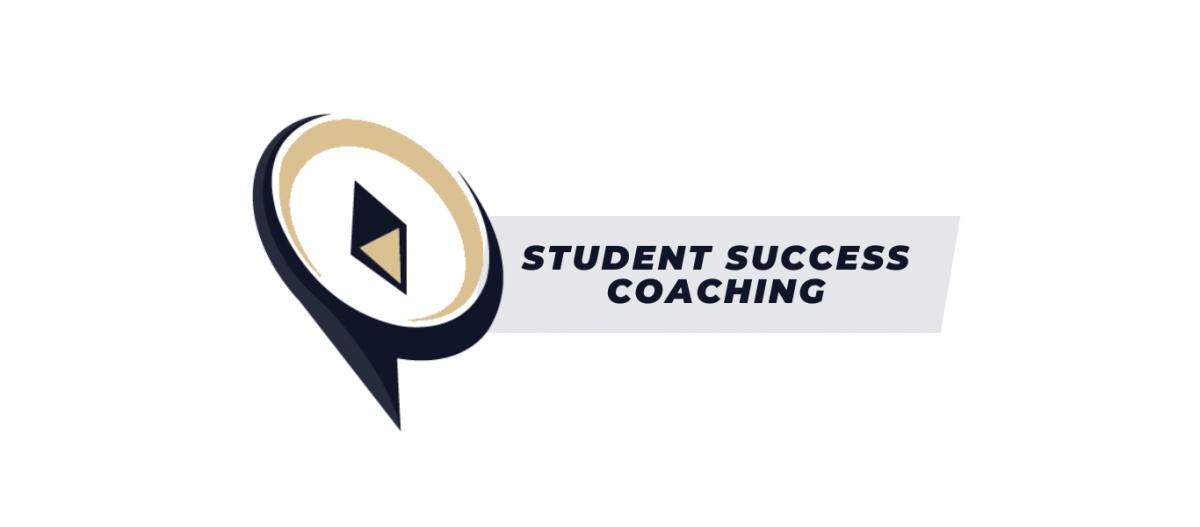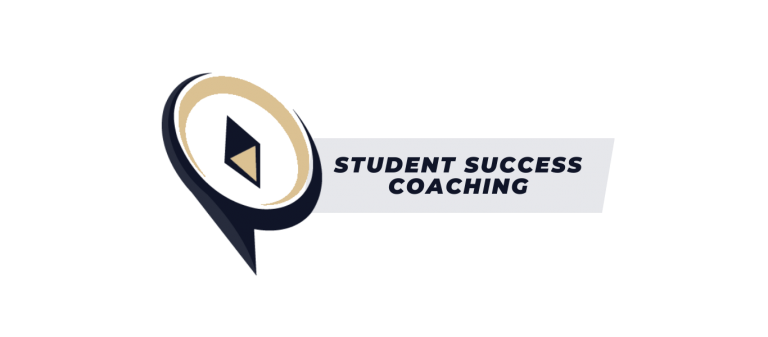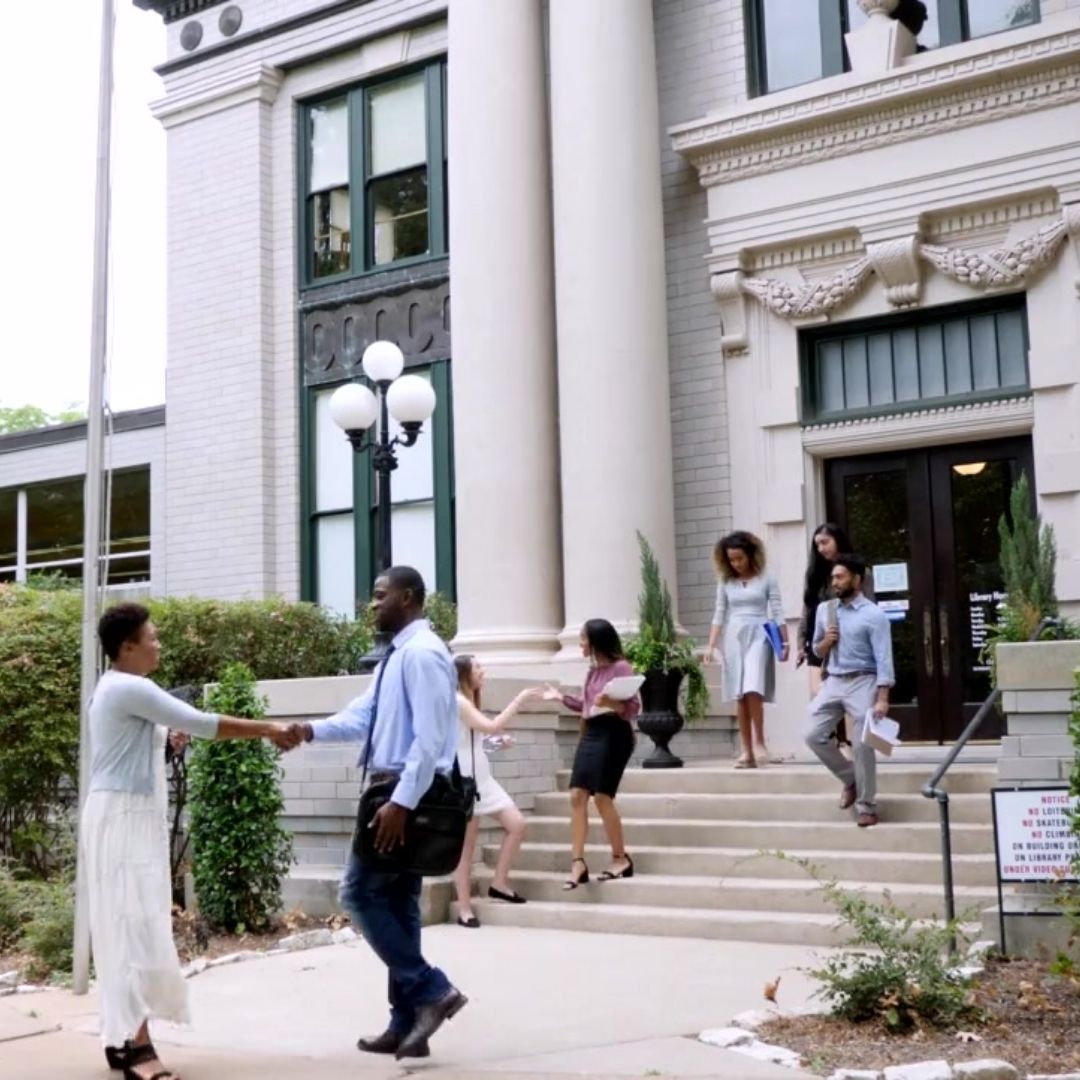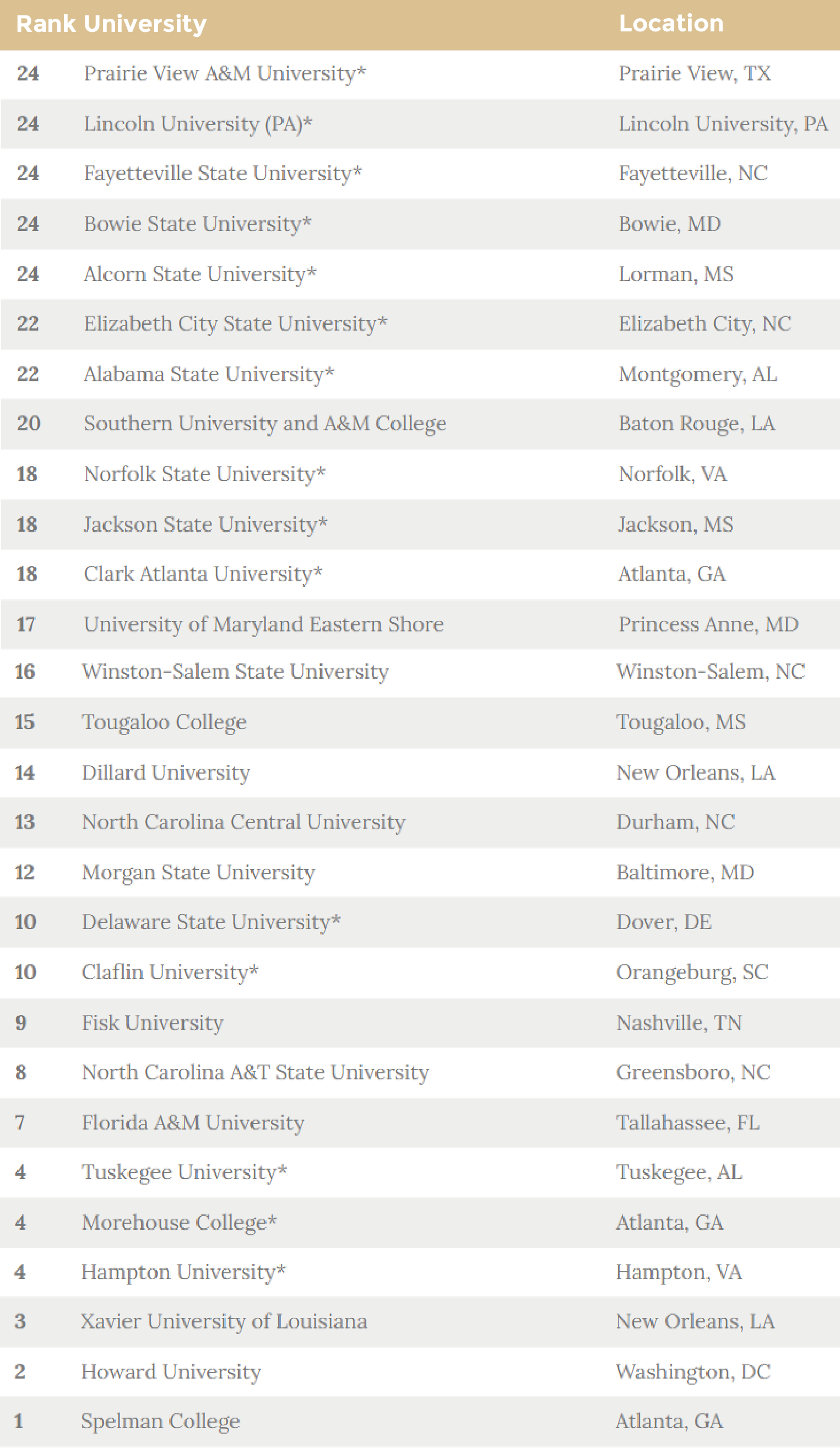A Student Success Coach (SSC) is an individual with experience and knowledge in a certain vocation, profession, or field of study. SSC provide guidance and support to students, who seek their advice and counsel. Together, the a Student Success Coach and the student work to identify strengths, weaknesses, and strategies for accomplishing short- and long-term goals.
Support for Growth
Individuals often seek out a SSC when beginning a new career or enhancing their skills in a certain field. The best SSCs understand the complexities of each mentee’s path and provide the support to keep them encouraged and motivated. Whether you’re starting from scratch with zero experience or building upon your current career, a SSC acts as a pillar of support for your individual growth.
Helping with Setting Goals
Goal setting helps to create clear expectations and a plan for executing those goals in the future. Learning a new skill or trade can feel daunting, but a SSC helps you create obtainable goals and track your progress. Most introductions with a SSC begin with laying out your goals and determining milestones or timelines to work within to achieve those goals. For instance, the graduate Lyndsie Jones reflects on how her SSC helped create a manageable checklist to earn her degree: “Listening to my SSC was critical. I was overwhelmed every single day, but I knew if I did a little bit that my SSC asked me to complete, it would add up to finishing each step.”
Holding You Accountable
Accountability is a key aspect of the SSC-student relationship. It’s important to have regular check-ins to assess goals and determine areas of improvement. Oftentimes, SSC set a schedule to meet with their mentees in person, by phone, or via email. These meetings provide accountability and a time to assist if the mentee needs help getting back on track with their goals. Practicing active accountability in this manner is a valuable tool for self-improvement in your personal and professional life.
Making Connections
Coaches also help in building their SSC’s professional network, connecting them to potential opportunities or individuals. Many SSCs are seasoned experts in their fields, and a reference from them has the potential to open doors to internships or job opportunities. Moreover, the practice of finding an established advisor in your field to connect with and learn from is beneficial long-term.
Receiving Constructive Feedback
Constructive feedback is an essential process of growth. SSC help provide an objective perspective on the areas an individual may not be able to see clearly themselves. Unlike the sometimes biased feedback received from a friend, a SSC holds your success and personal growth as the highest priority. Additionally, the practice of receiving constructive feedback from a SSC helps the mentee have a healthier outlook on feedback via employer reviews in their career.
Different Learning Strengths
Every individual has their own unique needs and style of learning. SSC are often trained to help understand, support, and advocate for their mentee’s individual differences. For example, a SSC hosting an evening study group for a working mom who is going back to school can be life changing. With a wealth of resources at their fingertips, SSCs can guide individuals to understand their learning needs and build a plan of action around those strengths. Furthermore, working one-on-one with a SSC helps cultivate your verbal communication skills, which is important for collaboration in the workplace.
How to Choose a Student Success Coach
Unlike traditional models of higher education, where the majority of the responsibility for success is on the student, FQ’s SSCc provide customized support for each student to reach their highest potential. The SSC role is one of support and guidance with regular check-ins, accountability, course advising, and connection to resources. The SSC and student work collectively to set goals and take action towards achieving academic success.
Your road to success starts here, we will help you find the SSC you are looking for.




 HBCUs have traditionally had to do much more with less. And yet, they have positively impacted society to a far greater degree than the historically meager investments made from private and public sources. HBCUs provide an average of 6,385 jobs in each state and territory where they are located and generate an average of $704.7 million a year in total economic impact. They make up just 3% of higher education institutions in the country, but they educate 10% of all Black college students. And according to recent research, increasing the strength of HBCUs around the U.S. could increase Black worker incomes by about $10 billion, strengthening the economy with $1.2 billion in incremental business profit, additional consumer expenditures of $1 billion, and help to reduce the wealth imbalance.
HBCUs have traditionally had to do much more with less. And yet, they have positively impacted society to a far greater degree than the historically meager investments made from private and public sources. HBCUs provide an average of 6,385 jobs in each state and territory where they are located and generate an average of $704.7 million a year in total economic impact. They make up just 3% of higher education institutions in the country, but they educate 10% of all Black college students. And according to recent research, increasing the strength of HBCUs around the U.S. could increase Black worker incomes by about $10 billion, strengthening the economy with $1.2 billion in incremental business profit, additional consumer expenditures of $1 billion, and help to reduce the wealth imbalance.





















